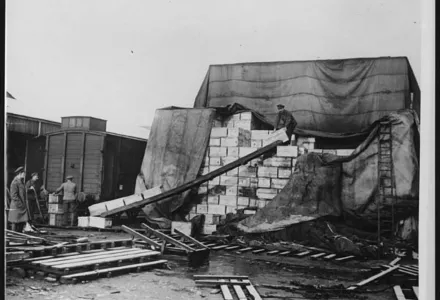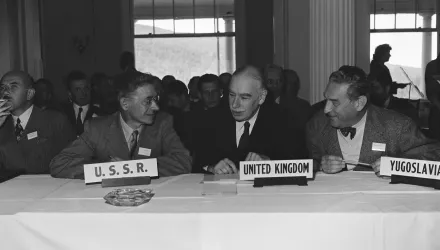International Security is America's leading peer-reviewed journal of security affairs.

During war, states seek to maximize revenue from trade while minimizing the opponent’s ability to benefit militarily from trade. States continue to trade with their enemies in products that their opponents take a long time to convert into military capability and that are essential to the domestic economy. As a war’s expected duration increases, the number of prohibited products also increases. Additionally, trade is unlikely to deter war between highly interdependent states.
Mariya Grinberg, "Wartime Commercial Policy and Trade between Enemies ," International Security, Vol. 46, No. 1 (Summer 2021), pp. 9–52, https://doi.org/10.1162/isec_a_00412.





